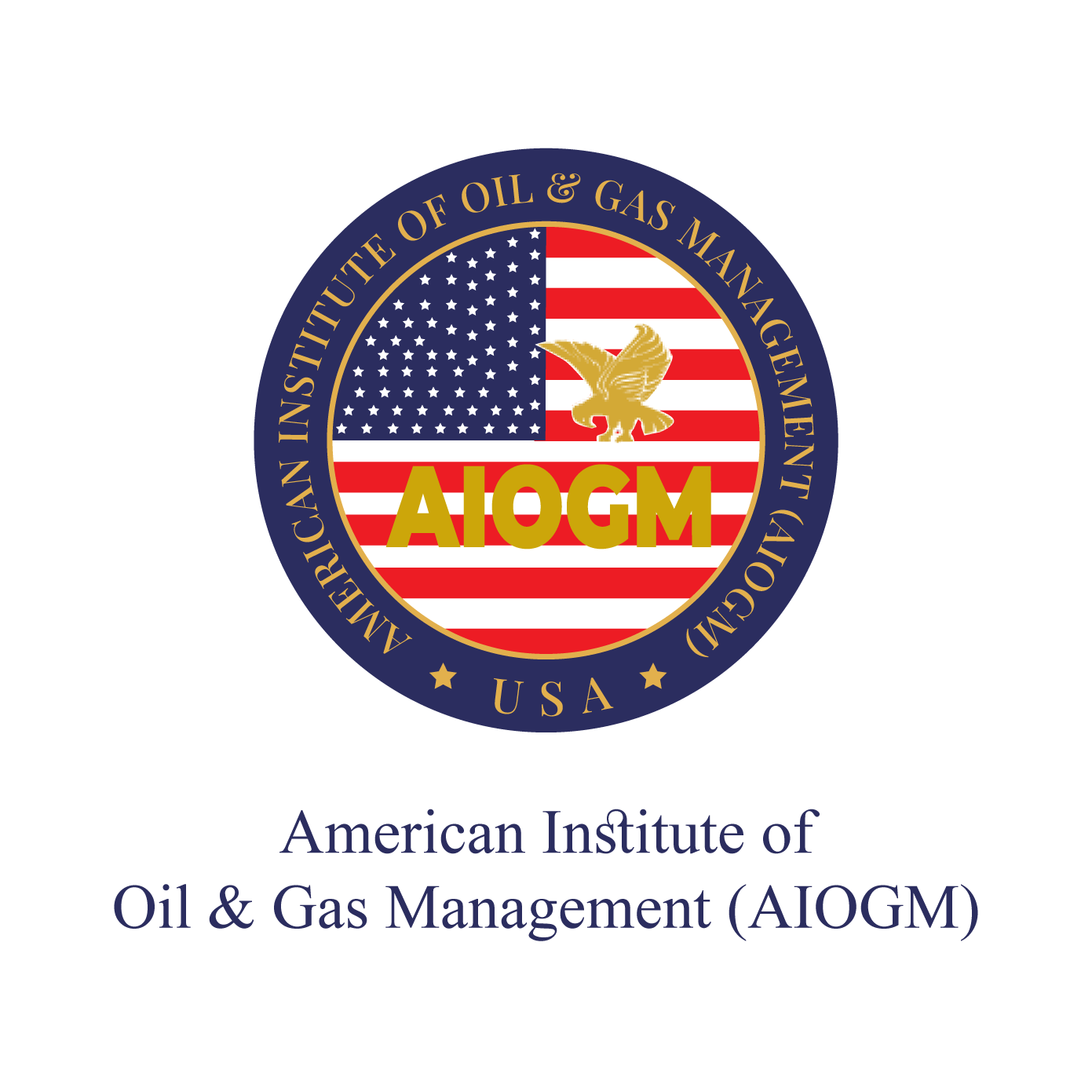
The American Institute of Oil and Gas Management (AIOGM) is a premier institution dedicated to developing executive leadership in the global oil and gas management industry. As a distinguished affiliate of the American Institute of Business and Management (AIBM), AIOGM continues AIBM’s legacy of academic excellence and global recognition while focusing exclusively on the dynamic and complex oil and gas sector. In a rapidly evolving industry shaped by technological innovation, sustainability imperatives, and global energy demand, AIOGM offers specialized, globally recognized certifications designed to equip professionals with the strategic insights and leadership skills required to navigate this critical and ever-changing landscape.
AIOGM provides a comprehensive suite of certification programs tailored to meet the practical challenges faced by today’s oil and gas leaders. Whether overseeing upstream exploration and production, managing energy distribution networks, driving sustainability initiatives, or ensuring compliance with international regulations, AIOGM’s programs are designed to elevate leadership across the oil and gas sector. Through real-world case studies, hands-on simulations, and mentorship from seasoned industry experts, participants gain deep insights into global best practices, including industry standards such as ISO 14001, HSE regulations, and emerging trends in digital technologies such as AI, automation, and data analytics in oil and gas management.
As an affiliate of AIBM, AIOGM benefits from access to a global academic network, cross-disciplinary insights, and international forums that promote thought leadership and innovation within the oil and gas industry. This affiliation enhances the credibility of AIOGM’s certifications, ensuring they are aligned with the highest global standards and industry expectations. The institute’s modular and flexible learning approach enables professionals to advance their careers while balancing the demands of their work, ensuring that learning is both accessible and transformative.
AIOGM stands for ethical, innovative, and impact-driven leadership in oil and gas management. Its commitment to fostering sustainability, efficiency, and safety is embedded in every program it offers. More than just a certifying body, AIOGM is a catalyst for progress—empowering oil and gas professionals to lead with vision, integrity, and purpose in a complex and rapidly evolving global energy landscape.
In the rapidly evolving landscape of the 21st century, Oil & Gas Management remains a cornerstone of global energy infrastructure, economic stability, and environmental sustainability. It plays a pivotal role in ensuring the responsible exploration, extraction, and distribution of vital energy resources. As we embark on this discussion, we will explore the current and future job prospects within Oil & Gas Management, highlighting the transformative forces shaping opportunities in this field, as well as the significance of certifications in elevating careers and promoting industry excellence.
Oil & Gas Management offers a diverse range of job opportunities, and the current job market in this field is dynamic and multifaceted. Professionals in Oil & Gas Management oversee operations, strategic planning, and compliance within the energy sector. Some prominent current job roles include:
The future of Oil & Gas Management is marked by adaptation to changing energy landscapes, environmental considerations, and technological advancements. Anticipated future roles may include:
Certifications in Oil & Gas Management offer several advantages:
In conclusion, Oil & Gas Management is a vital field with a wide array of current and future job opportunities. Certifications play a crucial role in preparing professionals for success in this dynamic industry, providing them with the expertise and recognition needed to navigate the complex world of energy management while promoting sustainability and environmental responsibility.

AIBM and its subsidiary institutions AIFB, AICM, AIDSAI, AIDM, AIREM, AIEM, AIEHSM, AIHHM, AIIT, AIIM, AIIHM, AIOGM, AIPC, AIPLM, AIREM, PowerPhD Institute and OMI offer a range of progressive, flexible and affordable business, management and skill based professional certifications.